The Battle of Artistic Acknowledgment
An Ongoing Education
The #RightsWeek Series on HowlRound: What is the state of intellectual property? What are the rights of theatre artists and new work? In this series, Samuel French, Inc. asked four professionals in the theater industry to share their thoughts on this subject. (Please note that the presented opinions are those of the author, and do not necessarily represent those of Samuel French.)
For about the gazillionth time, one of the college students in the production I was directing of Avenue Q exclaimed, “but in the original!”
I stopped rehearsal.
As a director who primarily works on new plays, their cries were confounding. No one gets into directing new plays because they want to copy someone else’s work. For me, the fun is in solving a monumental problem in a completely unique and aesthetically elegant manner. I’m the director who gets called when shows require crazy things—in this case, singing and dancing puppets. If I am copying something, the fun is gone, hire someone else. I avoid looking at pictures or videos of other productions early on in my process; I need to know what a show means to me to start solving the problems without looking at someone else’s answer. I need to make sure that my imagining of the show is, in fact, mine.
This made Avenue Q viciously difficult. The script and original production were developed together and so thoroughly entwined it was hard to extricate one from the other, particularly in a university setting. I can’t tell you how many times someone on the production team would say “Well why don’t we….” and someone else would laugh and say, “Because that’s not her ‘vision.’”
So on that random Tuesday night after hearing my students’ battle cry again, I asked, “Why do you think it makes me crazy when you say, ‘but in the original?’”
“Because you don’t want to copy?”
“Why do I not want to copy?”
The legal reasons came first: We may have the rights to the script, but we had not paid or contracted the original director or designers (particularly the puppet designer) to use their work, and their work is legally protected. The students quickly likened it to plagiarism, an appropriate comparison in an academic setting. We all agreed that regardless of legal obligations if you like someone’s work, the way to acknowledge that is to ask their permission, credit and compensate them for its use.
I then asked why they would even want to copy. There was a pervasive sentiment that they could not create something that deserved doing. They believed wholeheartedly that in order to be good they had to copy.
So we talked about why I love directing. We talked about the feeling of bringing an original idea to life onstage. We talked about how even if we had the rights to the original production, that work would not look the same for us, nor would it highlight the students’ unique abilities and contributions, and how I use those to create a production. We talked about how a production is as much about expressing ideas as it is about making a perfect product.
I invited them to go out on a limb, make art, not just copy it. Particularly for young performers, the act of creation is transformative and empowering, an act of discovery and bravery. As the discussion closed, many of their faces seemed to say, “Wait, art I create has merit?”
When the show opened, the work was praised widely by both the college and the community. The production was invited to perform at the Kennedy Center American College Theatre (KCATC) Festival—an honor that hadn’t been bestowed to a production there in many years. They were even asked to do a special presentation on the design of the puppets.
But as it turned out, while I was busy teaching the students about intellectual property and original thought, I hadn’t made sure my own work was protected. I had no intellectual property clauses in my contract and it had expired when the show opened. I negotiated, hoping to extend the terms of the initial contract so that I could return to adapt and restage the show for KCACTF, where we would lose a large part of our set. We were also losing an actor and would be putting in and completely re-teching the show in a venue three times the size of the original. We were unable to reach an agreement.
In lieu of a contract, I asked to be paid for the rights to my work.
After fighting so hard not to use anyone else’s work without compensating them, the university informed me they saw no reason why they should compensate me for using mine.
What would those few simple clauses have done? Without so much as a conversation, my work would have been acknowledged by asking my permission, crediting, and compensating me for its use. More importantly, they would have allowed me to continue doing my job and making sure that the best possible version of my production, the one with solutions to its beautiful problems, the one that showcased their students’ abilities and contributions, was presented at KCACTF. It would have kept the focus on the quality of the art.
So I asked that my name be removed from the program and publicity. The university responded: “I am sorry you do not wish to be acknowledge[d] for the work you have done.”

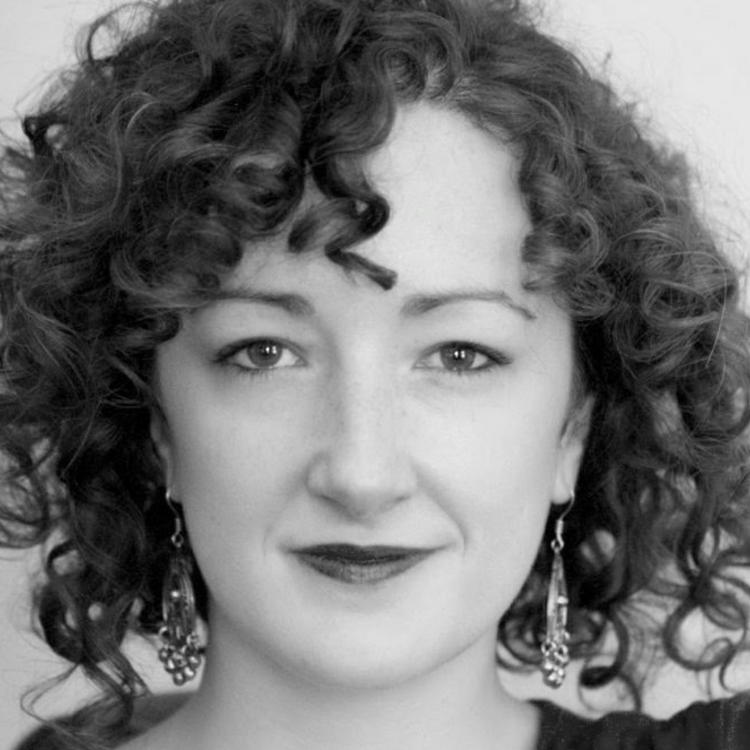
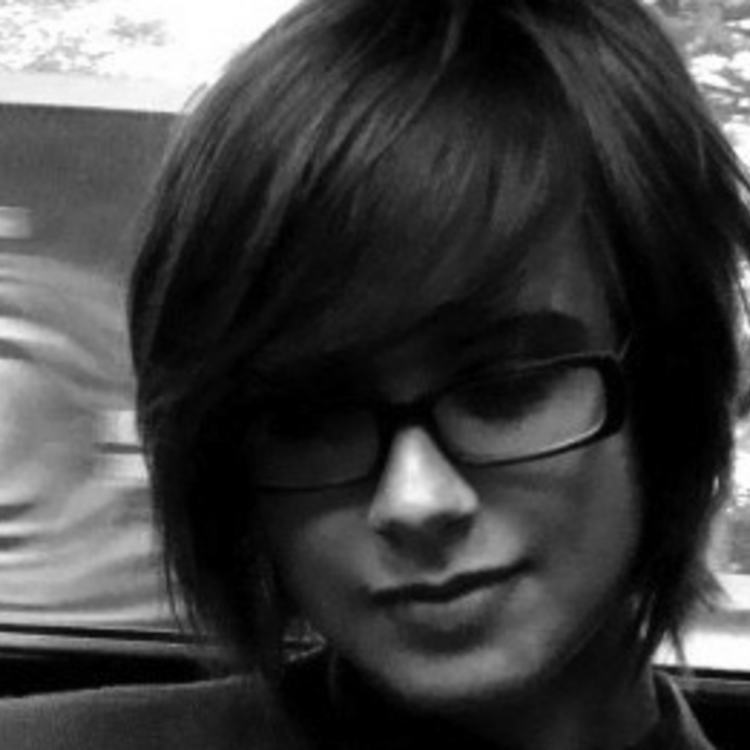
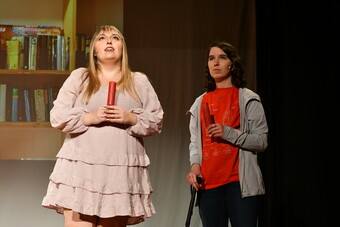

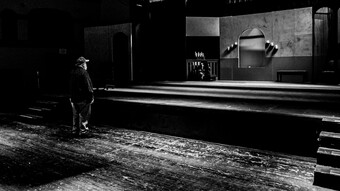


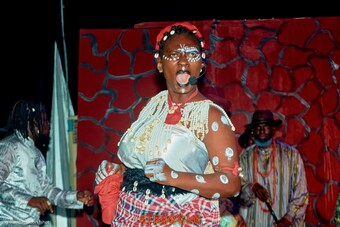


Comments
The article is just the start of the conversation—we want to know what you think about this subject, too! HowlRound is a space for knowledge-sharing, and we welcome spirited, thoughtful, and on-topic dialogue. Find our full comments policy here
Thank you for this. I just returned home from sitting through a gesture for gesture replication of a Broadway staging available on the internet. This kind of theft should jeopardize the reaccreditation process. It violates academic integrity in the most public of ways.